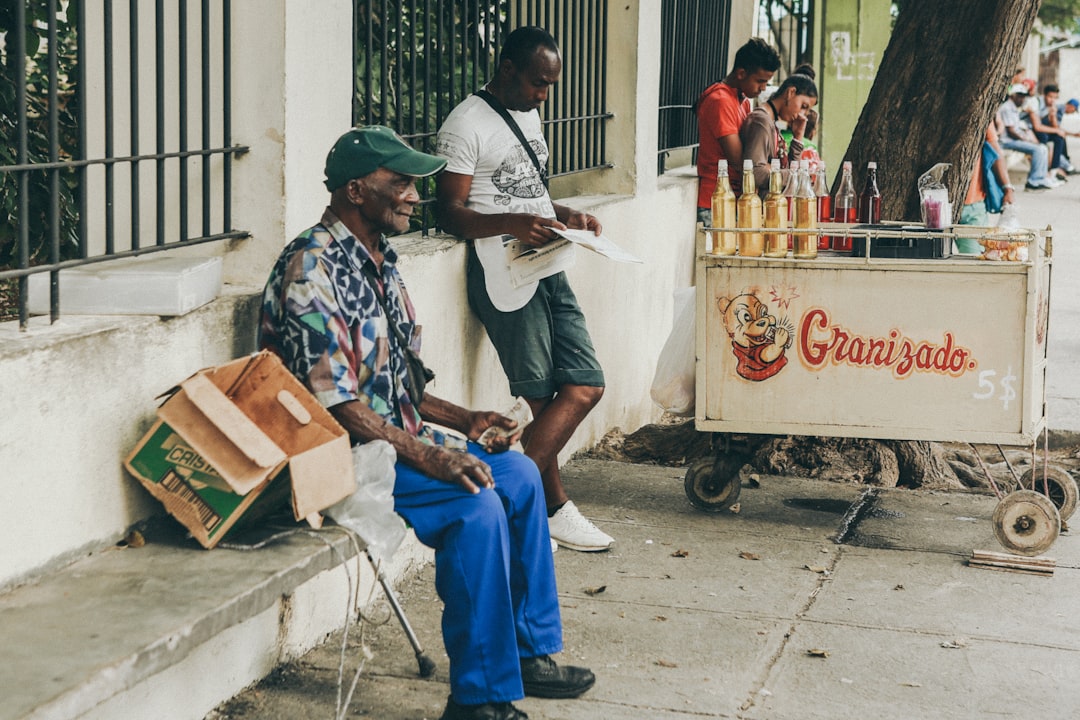What is it about?
Under the structural restraints of the current financial, social, and political crisis, I examine the case of a collectivity of students at the University of Thessaly in Greece as an alternative small-scale form of political and cultural action. Ι view such initiative as a force that potentially destabilizes the binaries of conventional political thought and I also explore its dynamics and limits. What needs to be emphasised in this form of political activism, is the meaning of the momentum, ‘here’ and ‘now’. I claim that the ‘Collectivity’ is a form of heterotopia that is a specific social and cultural space, which somehow reflects and at the same time distorts, unsettles or inverts other spaces. In particular, I seek to uncover the rituals, practices and mentalities produced by the participants of this youth cultural space, and to understand how new subjectivities and collectivities come into being.
Featured Image
Why is it important?
I explore the political significance of this particular heterotopia and to situate it within the wider sociological debate about youth politics in late modernity. Moreover, I discuss some of the relevant literature on youth political participation, and changing political values. The purpose of analyzing this particular Collectivity is, therefore, to expose dominant beliefs and ideas about youth’s political ability, and their entitlement to participate in public life on their own terms. Furthermore, through the analysis of the heterotopic cultural and political space of the Students’ Autonomous Collectivity I illustrate the fundamental debate about ‘autonomy’ and ‘hegemony’ within social and political theory today
Read the Original
This page is a summary of: Youth Heterotopias in Precarious Times, Young, January 2016, SAGE Publications,
DOI: 10.1177/1103308815595519.
You can read the full text:
Contributors
The following have contributed to this page










